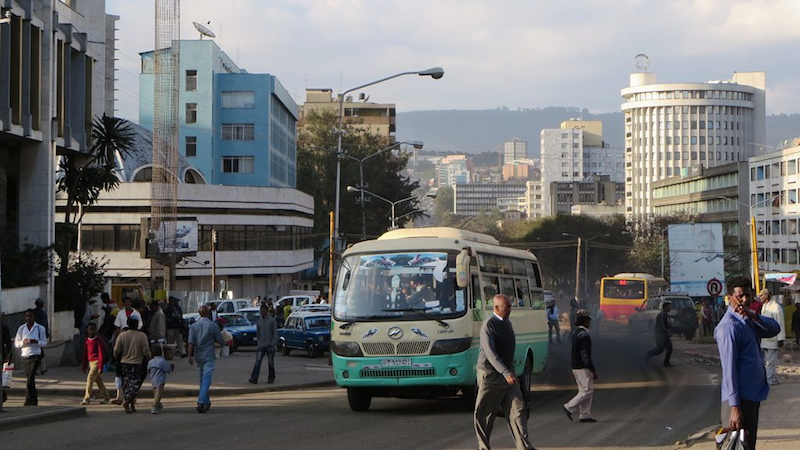The African Climate Risks Conference is an open platform for sharing the latest climate research on African climate among researchers, and with policy makers, practitioners and development partners, with the goal to ensure the improved flow of knowledge and interactions among researchers, practitioners and decision-makers; toward greater impact and legacy of completed and on-going African climate research and adaptation initiatives.
The conference will offer a prime opportunity to promote the uptake of new data, tools and knowledge; brokering new research collaborations and more targeted donor support. It will also stimulate increased contribution of African experts to, and improve coverage of Africa, in the IPCC assessment reports; and bring together development partners to deliberate on how to improve programming to support African-led climate research and service priorities.
The conference will be taking place from 7-9 October 2019 in Addis Ababa, Ethiopia.
The theme of the conference is: Dismantling barriers to urgent climate change adaptation actions.
The conference aims to:
- Disseminate results and share insights from new and on-going climate science and adaptation research in Africa;
- Provide a forum to co-identify common priorities in the African climate research for development through African-led collective discussions;
- Contribute to efforts to ensure greater impact and legacy of on-going research programmes by promoting the uptake of new data, tools and knowledge within planning and decision-making processes; and
- Link researchers and the diversity of other actors important for moving research into policy and practice: decision-makers, national meteorological agencies, knowledge brokers, donors, NGOs, etc.
The 3-day conference will be held alongside the Eighth Climate Change and Development in Africa (CCDA-VIII) conference, with some strategic overlap to leverage synergies in linking research, user, policy, and private sector. The central focus of the agenda will be presentations on latest research on African climate and thematic sessions aimed at facilitating critical engagements between climate researchers, CIS providers, and users. The conference will include keynote addresses, panel discussions, oral and poster presentations and exhibitions of innovative climate services.
The conference will be convened under the auspices of the following organisations: WMO-GFCS, WMO-AMCOMET,WCRP, IPCC, UNECA-ACPC, CR4D, WASCAL, SSN and FCFA partner organisations.
Call for abstracts is now open: This call is based on standard abstracts for oral and poster presentation only. Please upload abstract submissions here. Deadline for abstracts is 28 April 2019.
Call for supporting sessions is now open: Alongside the planned sessions and conference activities, we would like to offer opportunity for other partner organisations and initiatives to host additional sessions on topics that support the themes and the aims of the conference. Please submit your proposal online. Please see the guidelines and terms and conditions here. Deadline for submissions is 28 April 2019.
Call for exhibitors is now open: In parallel to the conference events, a limited number of exhibition stands will be available and interested organisations are invited to apply. The requests for exhibitions should be submitted by 28 April 2019 by writing to the Conference secretariat with the email subject Exhibition Request at: [email protected].
More detailed information on the African Climate Risks Conference will follow in the coming weeks so please keep up-to-date by following the website, the ACRC2019 twitter account @ACRC2019 or if you have any questions please email [email protected].
This post was sponsored by Future Climate for Africa. See our editorial guidelines for what this means.
